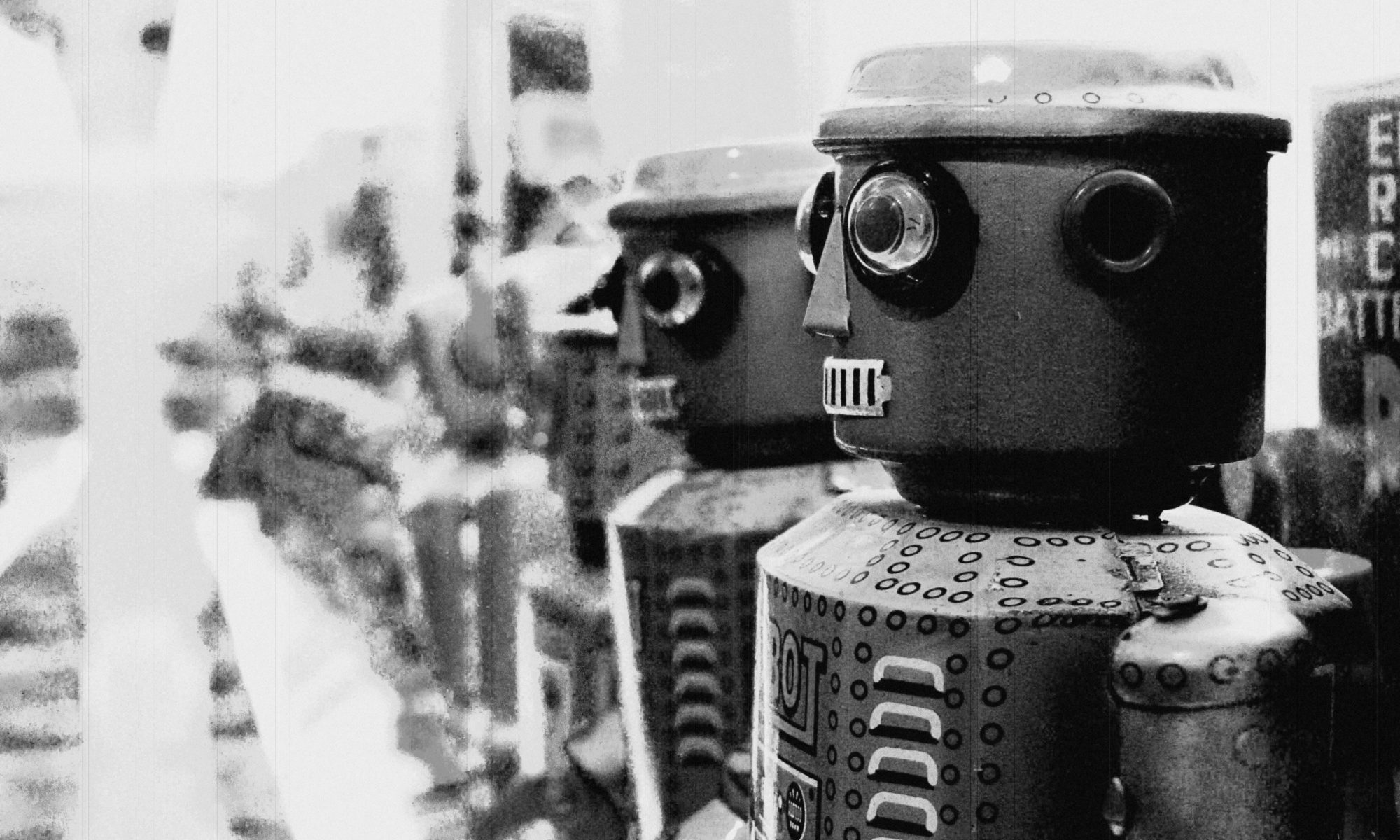Paladyn Journal of Behavioral Robotics
SPECIAL ISSUE on Robots in Contexts: Human-Robot Interaction as Physically and Socially Embedded
GUEST EDITORS: |
- Prof. Victor Kaptelinin, Department of Informatics, Umeå University, Sweden
- Dr. Andrey Kiselev, Center for Applied Autonomous Sensor Systems, Örebro University, Sweden
- Prof. Amy Loutfi, Center for Applied Autonomous Sensor Systems, Örebro University, Sweden
- Prof. Thomas Hellström, Department of Computing Science, Umeå University, Sweden
DESCRIPTION |
Robotic technologies are being increasingly integrated into real life settings. The adoption of robots by the society is transcending the initial fascination with novel technology and is gradually entering a new phase, characterized by a massive impact of the technology on various aspects of our everyday lives. These developments emphasize the need to better understand how robotic technologies shape, and are being shaped by, the physical and social contexts in which they are used.
This Special Issue is open for everyone who is interested in the topics related to the physical and social aspects of HRI. However, in a great part it will be based on the Workshop on Robots in Contexts: Human-Robot Interaction as Physically and Socially Embedded at the European Conference on Cognitive Ergonomics (http://ecce2017.eace.net/), held in Umeå, Sweden, September 20-22, 2017.
The topics of this special issue include (but not limited to):
- spacing and orientation,
- agency,
- activity awareness and accountability,
- robot and human identities,
- responsibility, rights, and ownership,
- power differences,
- action capabilities and affordances,
- human-robot collaboration,
- perceptions and identities,
- social etiquette,
- social interaction,
- ecosystems of interconnected smart objects.
The authors are requested to submit their full revised version of papers to the special issue complying the general scope of the journal. The submitted papers will undergo peer review process before they can be accepted. Notification of acceptance will be communicated as we progress with the review process.
HOW TO SUBMIT |
Before submission authors should carefully read the Instructions for Authors, available online at: https://www.degruyter.com/view/supplement/s20814836_Instructions_for_Authors.pdf.
All submissions to the Special Issue must be made electronically at http://www.editorialmanager.com/paladyn/ and will undergo the standard single-blind peer review system. When entering your submission choose the option Special Issue on Robots in Contexts.
The deadline for the submissions is now extended until December 29, 2017 (hard deadline!!!) but individual papers will be reviewed and published online on an ongoing basis.
Contributors to the Special Issue will benefit from:
- fair and constructive peer review provided by recognized experts in the field,
- Open Access to your article for all interested readers,
- fast online publication of articles,
- no publication fees,
- convenient, web-based paper submission and tracking system – Editorial Manager,
- free language assistance for authors from non-English speaking regions;
We are looking forward to your submission. If you have any question, please contact us at Justyna.Zuk@degruyteropen.com.
